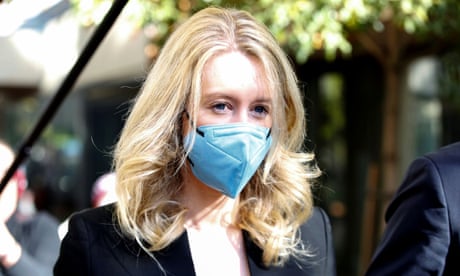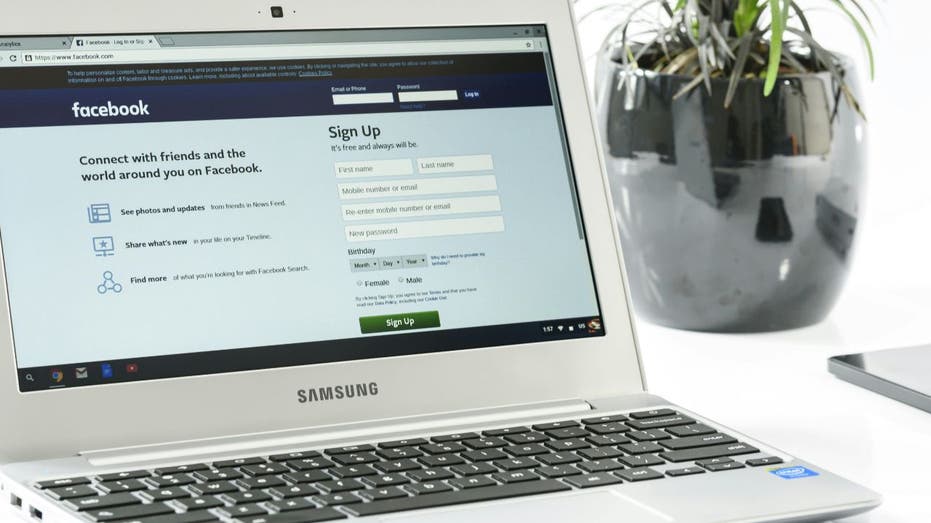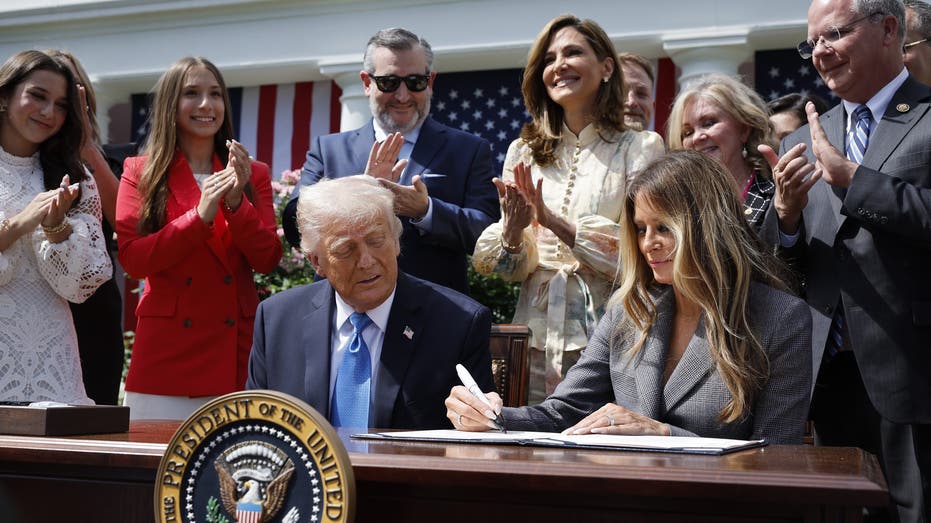- by foxnews
- 23 May 2025
Elizabeth Holmes trial: jury to begin deliberations in Theranos founder?s case
Elizabeth Holmes trial: jury to begin deliberations in Theranos founder’s case
- by theguardian
- 19 Dec 2021
- in technology

After months of criminal proceedings that have gripped Silicon Valley, the fate of Theranos founder Elizabeth Holmes now rests in the hands of 12 jurors.
A group of eight men and four women will consider whether to convict or exonerate Holmes, 37, on nine counts of fraud and two counts of conspiracy to commit fraud. Deliberations are expected to begin on Monday.
Holmes faces a maximum of 20 years in prison and has pleaded not guilty.
Throughout the trial and in closing statements on Thursday, the prosecution sought to prove Holmes knowingly lied to investors and patients, arguing she purposely oversold the capabilities of the company's devices to attain wealth and fame.
Calling more than 30 witnesses including investors, patients, and former employees, lawyers for the prosecution painted a picture of a founder hell-bent on making her technology succeed despite mounting evidence that her claims were largely baseless.
Prosecutor Jeff Schenk presented to the jury a recap of arguments that Holmes knowingly lied about the capabilities of Theranos testing, saying the evidence shows "she made the decision to defraud her investors and then to defraud her patients"
"She chose fraud over business failure. She choose to be dishonest with investors and patients," he said. "That choice was not only callous, it was criminal."
Holmes founded the company at the center of the case in 2004 after dropping out of Stanford, seeking to revolutionize the health care space with a machine that could perform a vast range of tests from just one drop of blood.
As a female founder in the male-dominated tech space, Holmes quickly soared to fame, attracting funding from big name investors like the former US secretary of state George Schultz and media mogul Rupert Murdoch. The company had amassed more than $9bn in value when reports from the Wall Street Journal revealed major concerns in its revolutionary claims.
During the trial, multiple lab directors testified they warned Holmes about shortcomings of Theranos technology and were told to downplay such concerns. Meanwhile, Holmes told investors the technology was working as planned.
In one particularly damning piece of evidence, Holmes doctored paperwork with pharmaceutical logos, implying the firms had endorsed her technology. Holmes admitted to doing so, saying, "I wish I had done it differently."
Holmes, meanwhile, has maintained her innocence, claiming she relied on the word of scientists and other employees and believed the technology worked as advertised. She also alleged that her co-president and former lover Sunny Balwani had emotionally and physically abused her, influencing her to commit fraud. Balwani has denied these allegations and faces his own fraud trial in 2022.
In closing arguments on Friday, her lawyer Kevin Downey compared Holmes's final days at Theranos to the experience of a captain valiantly trying to save a sinking ship.
Had Holmes committed any crimes, she would have been scurrying to jump overboard like a scared rat, Downey told jurors as he wrapped up roughly five hours of closing arguments.
"Did she leave?" he asked the jury. "No, she stayed. Why? Because she believed in this technology. She believed she was building a technology that would change the world."
In late November, Holmes stunned those following the trial when she unexpectedly took the stand in her own defense. The move was a gamble on her part, opening Holmes up to cross examination from prosecutors eager to fact check her public statements against internal documents that contracted them.
For more than four days the prosecution grilled Holmes on her initial testimony, implying Balwani was not abusive but warm and loving towards her and that she made decisions regarding the business on her own accord.
The jury could hand down a decision at any time, and it is speculated it will do so next week.
- by foxnews
- descember 09, 2016
United Airlines flight returns to Hawaii after concerning message found on bathroom mirror; FBI investigating
United Airlines Flight 1169 to Los Angeles returned to Hawaii after a "potential security concern" aboard the plane. The FBI and police are investigating.
read more





